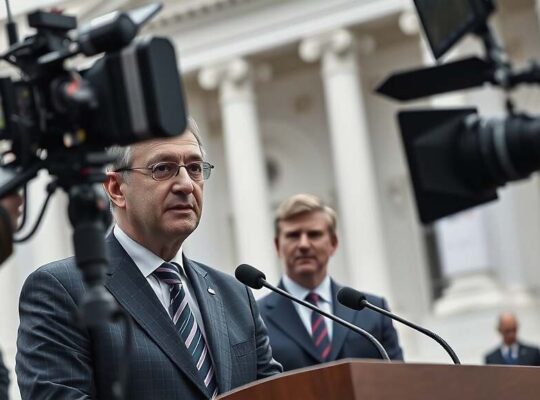A new study from the Institute for Economic Research (IW), a research body closely aligned with employers, has raised concerns regarding the German federal government’s handling of the infrastructure special fund. The study suggests a risk that the government could utilize the fund as a mechanism for shifting investments rather than stimulating substantial growth in infrastructure projects.
According to the IW’s analysis, reported by Handelsblatt, local governments and municipalities stand at risk of transferring funds from their ordinary budgets into the special fund, effectively diverting investments without a corresponding increase in their overall volume.
The study criticizes the mandated investment quota of ten percent for the federal government’s core budget as insufficiently ambitious. The IW points out that excluding credit-financed defense spending distorts the calculation, potentially pushing the actual quota below ten percent, particularly given that it has consistently exceeded this level in recent years. Researchers calculate that a minimum quota of eleven percent would necessitate an additional five billion euros in annual federal investments.
The IW estimates that, under stricter guidelines for credit-financed defense expenditures and a revised investment quota, the federal government would need to invest approximately 60 billion euros more in its core budget between 2025 and 2029 before being able to access funds from the special fund.
The federal government plans to reduce investments in the core budget by 34 billion euros between 2025 and 2029. While the government attributes this reduction to specific financial transactions, such as providing capital to Deutsche Bahn, the IW argues that these factors do not fully justify the decline. Furthermore, the IW highlights that the Climate and Transformation Fund, another earmarked fund, finances a broader range of initiatives, diminishing the growth potential associated with the infrastructure special fund, as per researcher Tobias Hentze.












